
View original post 967 more words

View original post 967 more words

View original post 86 more words
NB links to videos and slides will be added to this post when they become available.
The Remember Fukushima Parliamentary public meeting took place in committee room 9 in the House of Commons, Westminster, London, on 19 March 2019.
Many thanks to all who attended and helped to make it such a great evening. With enormous gratitude for Caroline Lucas MP hosting and chairing the meeting:


Caroline Lucas’ opening speech included the following statement:
“We must never forget this catastrophe. That is why we are meeting here tonight. We must continue to counter the efforts of the Japanese Government, TEPCO, academics and official bodies to minimise its effects and to ignore the past. This, unbelievably, includes holding some events of the 2020 Olympic Games in contaminated parts of Tokyo and Fukushima Prefecture.”
Please click here for Caroline Lucas’ full speech.




The rest of the slides from Dr Ian Fairlie’s talk can be seen here

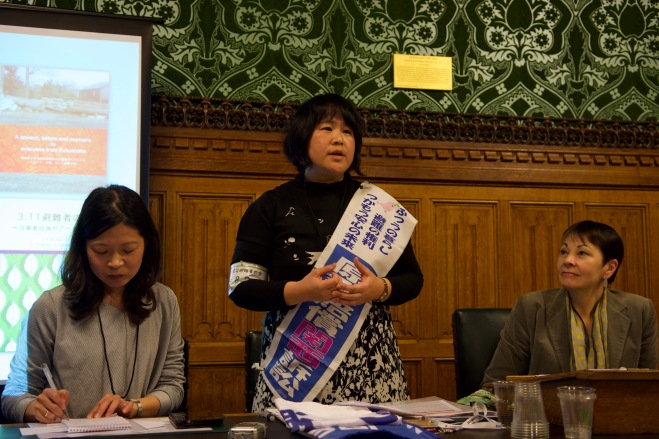









The Remember Fukushima Parliamentary public meeting took place in committee room 9 in the House of Commons, Westminster, London, on 19 March 2019.
Caroline Lucas MP, host and chair of the meeting, opened the meeting with the following speech:
“Eight years ago on March 11 2011, the Fukushima Daiichi nuclear disaster was triggered in Fukushima Prefecture about 150 miles north of Tokyo. Over the ensuing weeks, four explosions and three nuclear meltdowns occurred, over 160,000 people were evacuated and radioactive emissions were scattered over large tracts of Japan.
In 2012, an Investigative Panel of theJapanese National Diet (ie Parliament) concluded that the Fukushima disaster was “… profoundly man-made and was caused by a disregard of the risks of earthquakes by an industry determined to preserve the illusion that nuclear power was absolutely safe.” The Panel attributed the accident to the “collusion” of government, regulator and industry to gamble the public’s well-being on lowering the high cost of safety from an inherently dangerous technology.
The disaster continues to this day, and is still causing immense problems.
Unresolved issues include:
Official TEPCO accounts of the accident and its toll are unreliable. The most comprehensive unofficial account is by the Simply Info Team in the US. Their March 2019 report (33 pages, 9 MB) can be downloaded at http://www.fukuleaks.org/web/wp-content/uploads/2019/03/SimplyInfoOrg_2019_annual_report_Fukushima_finalc.pdf
The toll of Fukushima is fearsome. Over 7% of the land area of Japan was contaminated to a serious level. Official reports state over 3,600 people have died as a result of the nuclear disaster, including over 2,000 during the evacuations necessary to avoid the large radiation exposures. Over 180 additional cases of thyroid cancer have been recorded in children and teenagers so far: more are expected. From official WHO collective dose estimates, over 5,000 other cancers will also occur. Reports are now trickling out of other health effects, including recent spikesin congenital heart disease in infants.
But these are just the reported health studies. Who is counting the just as serious numbers of suicides, mental health effects, ‘nuclear’ divorces, and families who remain geographically apart? We shall hear shortly first hand testimonies of these effects.
The restoration, clean up, compensation and recovery costs are immense. The Japan Centre for Economic Research calculates these will range from £240 to £560 billion, about four times higher than Japanese Government estimates.
But we shall probably never know the true full costs of Fukushima.
We must never forget this catastrophe. That is why we are meeting here tonight. We must continue to counter the efforts of the Japanese Government, TEPCO, academics and official bodies to minimise its effects and to ignore the past. This, unbelievably, includes holding some events of the 2020 Olympic Games in contaminated parts of Tokyo and Fukushima Prefecture.
I should briefly mention that the legal fight for compensation is a major issue in Japan. Many court cases are being brought by Fukushima evacuees, parents and others and are now reaching an important stage. Two major class actions are the “Children’s Rights Trial”, which demands that local governments recognize the right of primary and secondary school students of Fukushima Prefecture to enjoy education in a healthy environment. Second the “Parent+Child Trial” which seeks compensation from the Fukushima prefectural and Japanese central governments.
This meeting is about Fukushima, but I wish briefly to refer to the UK situation as it has Japanese parallels. Here, two Japanese multinationals, Toshiba and Hitachi, recently indicated that they no longer wish to proceed with their proposed nuclear reactors in Cumbria and in Wales. (A third, Mitsubishi, withdrew from its proposed reactors in Turkey 6 months ago.) They are all withdrawing from their nuclear businesses even as the Japanese Government and TEPCO are still pushing for the reopening of old reactors closed after the accident. Why are these Japanese nuclear conglomerates pulling out of nuclear? A major factor has been the increased costs of safety features in new reactors now required after Fukushima.
I should like now to introduce our speakers tonight.
We warmly welcome to Britain three Japanese mothers from Fukushima, Akiko Morimatsu, Asami Yokota and Ms Sonoda who have been travelling throughout Europerecounting how they were affected and continue to be affected by the disaster.
Initially, Dr Ian Fairlie,an independent consultant on radioactivity in the environment and former scientist within DEFRA, our Government’s environment department, will set the scene, and later make some concluding remarks.”
Video of Caroline Lucas delivering the speech

Pdf file of photos from Dr Ian Fairlie “Fukushima Crisis Continues” London March 2019










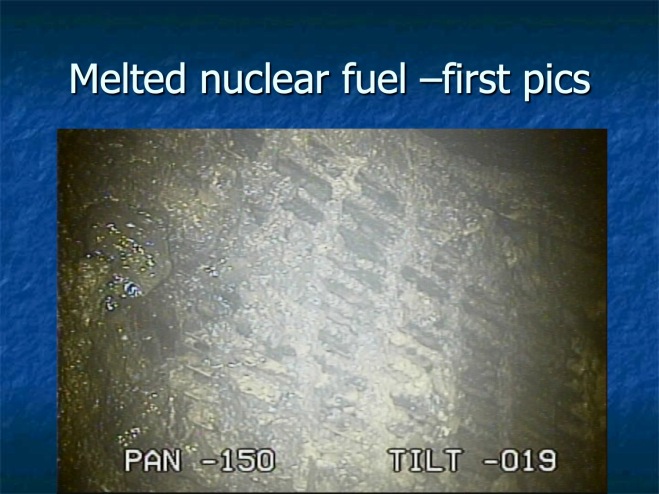



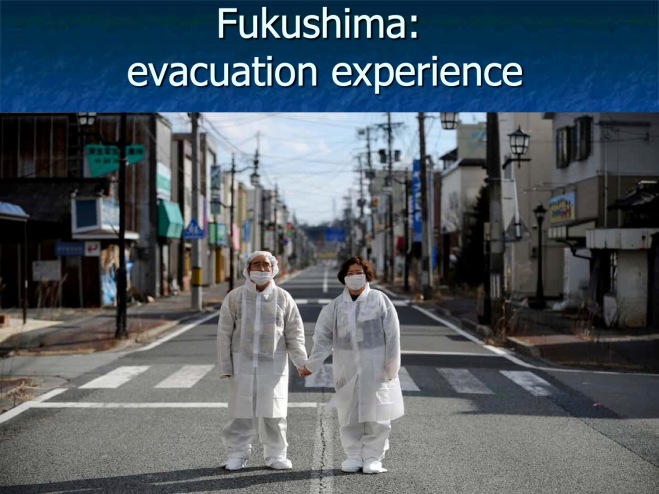


Additional information:





On 11 March 2019, we gathered for a vigil to mark the 8th anniversary of the beginning of the Fukushima Daiichi nuclear catastrophe, on Piccadilly, London, across the road from the Embassy of Japan.
During the vigil we observed three minutes of silence for all of the victims of the March 2011 triple disaster of earthquake, tsunami and nuclear disaster.
Video by Shimin Media London:
Photos by Lis Fields:












March 22, 2019 Every year since year 2011, I participated in Paris, France, to the events organized for the anniversary of Fukushima nuclear disaster. This year I decided to do it differently and to go to London, England, to participate there to the events organized by the London antinuclear community and the Japanese community. Four […]
via Fukushima 8th Anniversary: 2 events in London — nuclear-news
Please sign! To the Civil Department of Fukushima District Court There are two parts in the “Trial to Protect Children from Irradiation”: the “Children’s Rights Trial ” and the “Parent-Child Trial”. In the case of the first trial the defendants are the local governments. The plaintiffs demand the recognition of the right of primary and […]
A big thank you to all who braved the fierce winds and bitter cold to join us on our march on Parliament and rally.
Photos: ©Lis Fields 2019:

























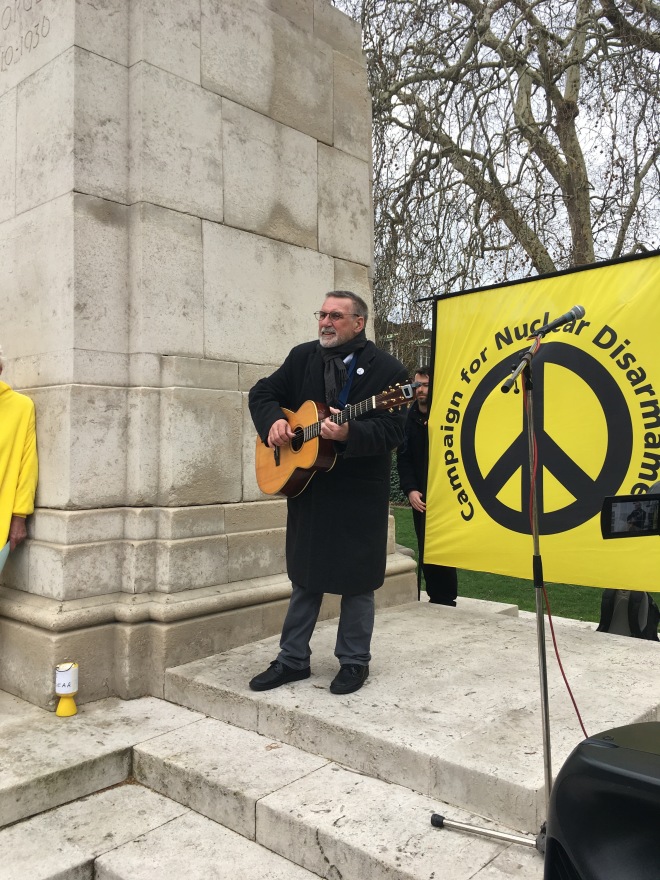



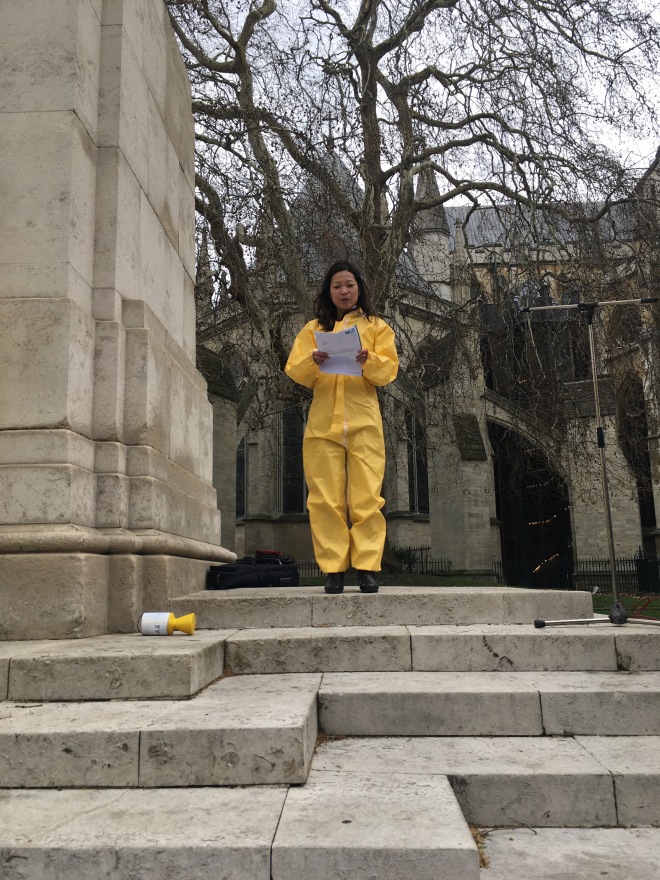





Additional photos from Ann Garrett:



On the 8th anniversary of the Fukushima disaster there are events taking place by campaigners in the UK and around the world to Remember Fukushima. It seems however that lessons have not been learned by the regulators and by the nuclear industry. The precautionary principle which should apply with solid brass bells on, to […]
via Technical Note on Safety Problems at Reactors 3 and 4 at Hunterston B, Nr Ardrosson Scotland —